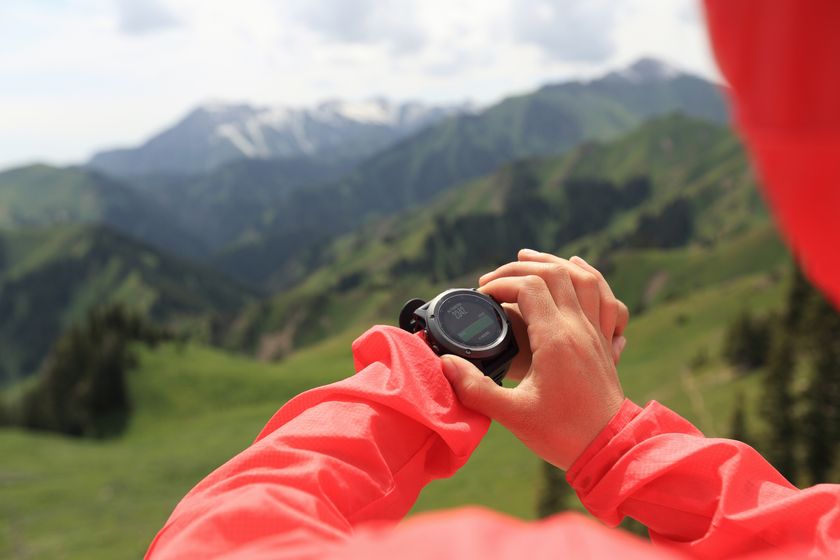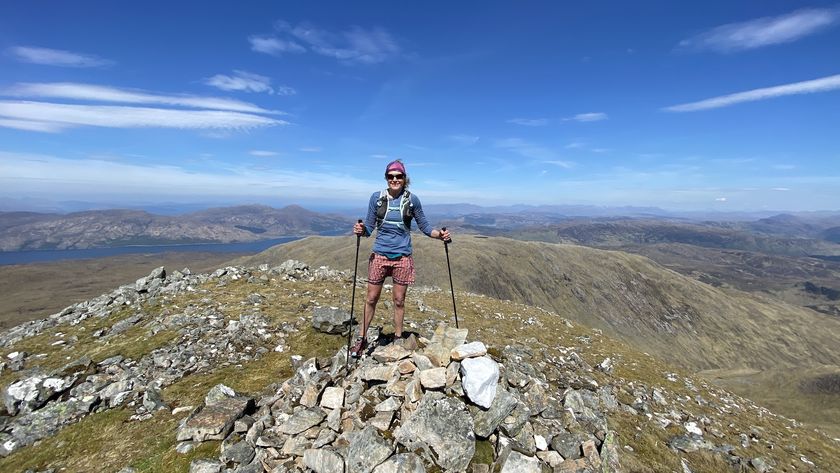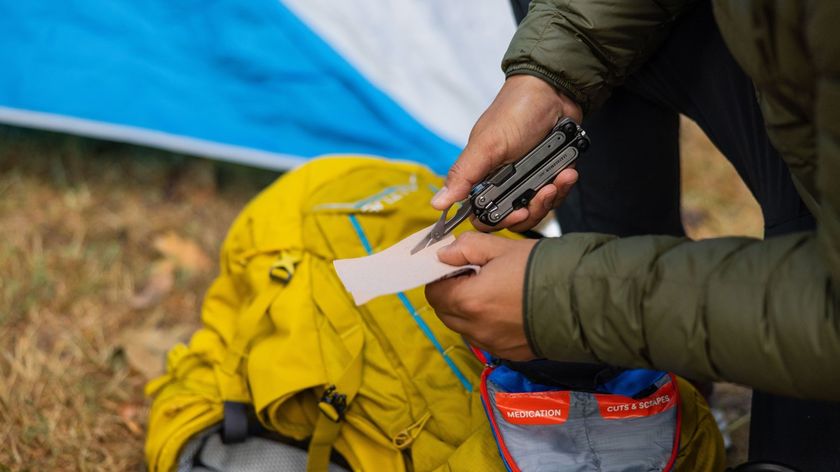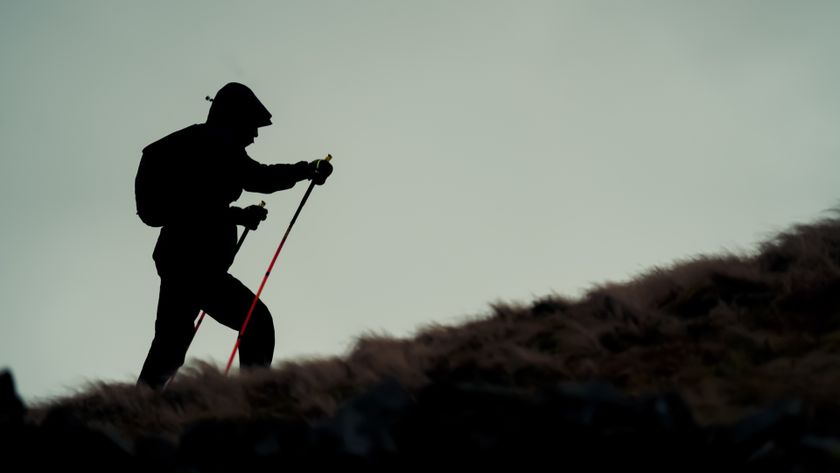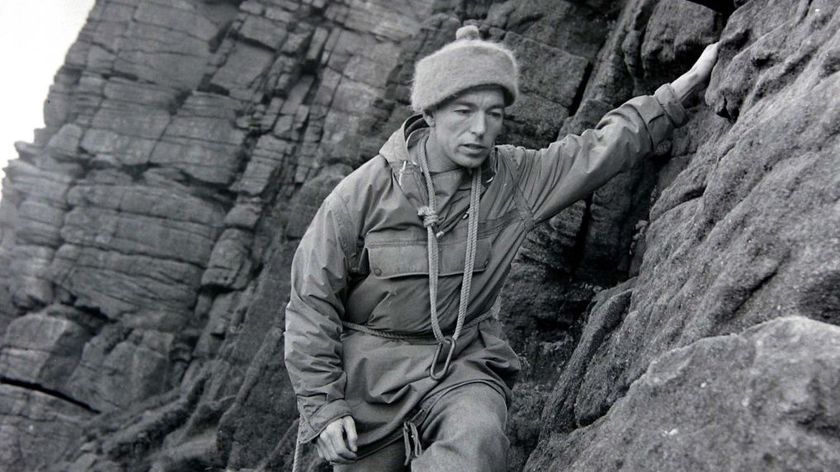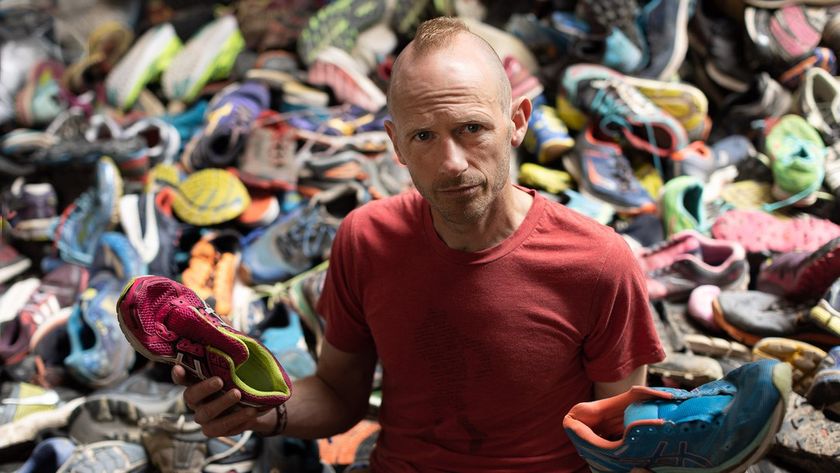“I felt free when I was running” – how an addict became an ultra runner
We speak to an ultra runner who used mileage to finally break free from drug addiction
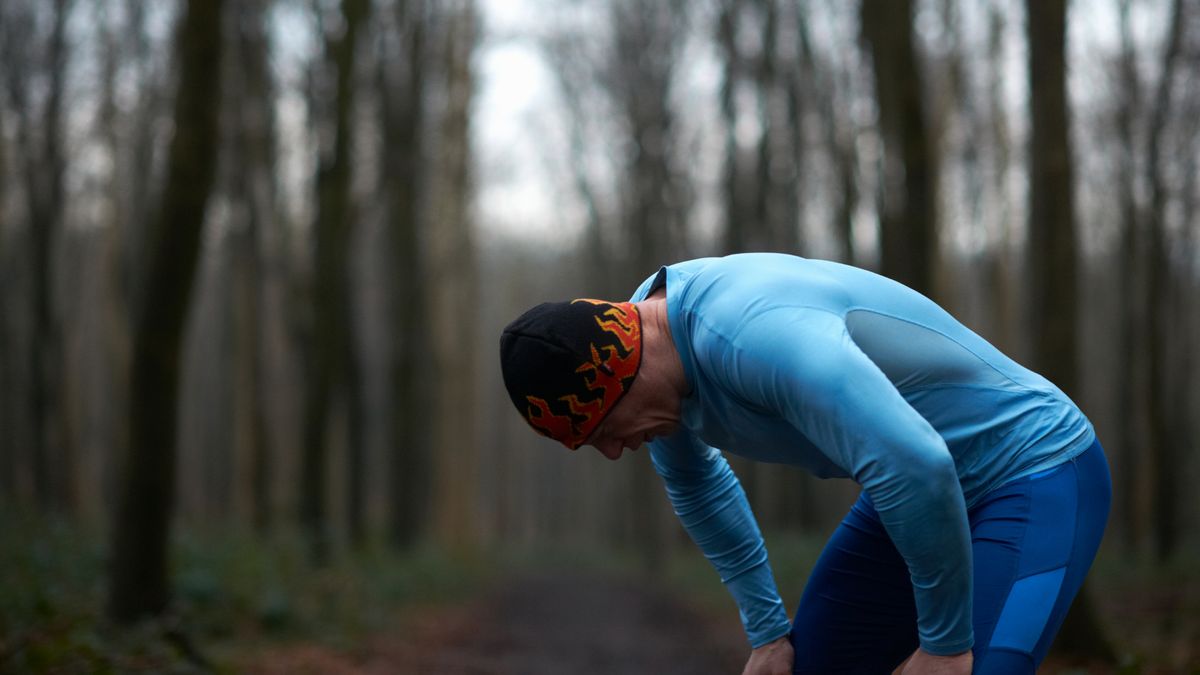
Hang around the trail running scene long enough and you’re bound to meet a recovering addict who’s turned their life around and taken up running ultra marathons. The first ultra runner I ever met came out of the 12-step program in 2013, put on his trail running shoes, and within two years ran the Leadville 100. A childhood friend traded a 40-a-day smoking habit around the same time and was soon battling through grueling 50k marathons like the Ben Nevis Ultra.
Several books have been written on this subject, like former meth addict Catra Corbett’s Reborn on the Run, and in his KoopCast podcast, ultra running coach Jason Koop estimates that as many as one-third of his clients are in recovery. So why do so many people in recovery find solace in running mammoth distances?
I recently spoke with recovering addict, fitness coach and distance runner Sean Willers about this topic, who starts out by explaining that the very word “addiction” is problematic. The majority of us assume it means you are living on the streets abusing heroin, when in fact you might just be using drugs recreationally on a weekly basis and generally feeling like you’re always playing catch up.
“It's almost like that label itself stops people from seeking the help they potentially need.”
Another complicating factor is that addiction isn’t a clinical diagnosis – you can be diagnosed with substance or alcohol misuse, but not addiction. Furthermore, while some substances such as heroin really do create dependence and withdrawal symptoms, others, like cocaine, don’t – but many people still are unable to quit them without help.
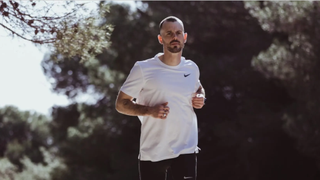
"It becomes a new identity"
Regardless of the substance or the frequency, a 2012 article published in Frontiers in Psychiatry concludes that for many people, exercise helps immensely in “reducing compulsive patterns of drug intake.”
"Ultra running often appeals to individuals in recovery because it provides more than just a physical outlet – it becomes a new identity,” explains psychiatrist and MD Dr Ketan Parmar.
Advnture Newsletter
All the latest inspiration, tips and guides to help you plan your next Advnture!
“Addiction often consumes a person’s sense of self, and ultra running offers a structured, goal-oriented lifestyle to fill that void.”
For Willers, it was the loss of structure that came with leaving the military combined with finding a new lifestyle as a DJ that fueled his regular drug use.
“The lack of boundaries and routine and discipline and structure that I'd been used to for so long had all disappeared, and I'd been thrown into a world of music which goes hand in hand with drug use.”
After spending eight years working on the club scene in London and Berlin with increasingly declining health, lockdown presented Willers with an unexpected opportunity to try to break the cycle. Despite never having been a keen runner, he suddenly found escape in mileage.
“It was so powerful for me. I was running just every single day for as long as I could, for as far as I could,” says Willers.
“I felt free when I was running, and at the same time just completely present with that moment.”
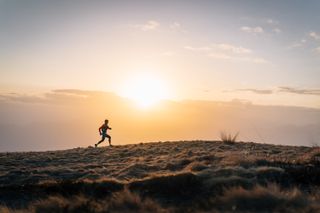
"You get that runners high"
Why Willers and so many others in recovery are drawn to distance running and not, say, racquet sports isn’t yet documented, but author and psychotherapist Eloise Skinner explains that similar patterns can emerge between addictive behaviors and ultra-running training patterns – a need for a particular 'high' feeling, a desire to pursue extreme or risky behaviors, and a feeling of being consumed by a particular pursuit, rather than engaging in moderation.
“Since ultra-running can deliver a number of these extreme types of feelings, it can be seen as a replacement for some people recovering from addiction.”
For Willers, it wasn’t all smooth sailing. When lockdown ended and the music scene opened up, he took up the offer of a DJing gig thinking he “could stay in control,” and subsequently landed in the hospital with an overdose. After he was released, he shared his story online and people responded positively. He started coaching again, growing a client list that spans 15 countries, and since then, running has done for Willers what AA and NA never succeeded in doing – helped him stay sober.
“With running you don't need anything, you can just put your shoes on. You're in nature, you're on your own, there's no distractions, and you get a feeling almost instantly, you get that runners high.”
Is trading a synthetic high for a natural one a solution, as Willers feels, or problematic, as I've heard friends speculate? The endorphins that induce the so-called “runner’s high” are widely thought to be a good thing – writing for Johns Hopkins University School of Medicine, professor of neuroscience David Linden says that they can improve your task switching, memory and focus as well as your mood. This might be especially true for those in recovery, says Parmar.
“On a neurological level, ultra running activates the brain’s reward system, releasing endorphins and dopamine.”
“The long hours spent running also stimulate the brain’s default mode, which is associated with self-reflection and emotional processing. For someone in recovery, this can act as a kind of moving meditation, helping them confront and process the emotions that substances once masked.”
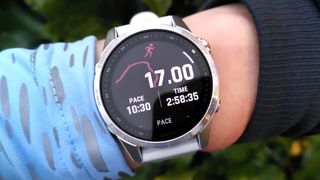
"You replace a destructive habit with a productive one"
Parmar says he thinks that ultra running can be an effective tool for some, but perhaps needless to say, it’s not going to be a guaranteed solution for everyone.
“Its effectiveness lies in its ability to replace a destructive habit with a productive one. The routine, discipline, and sense of accomplishment associated with ultra running can act as effective characteristics for building a new life in recovery.”
There is a catch. Both Parmar and Skinner stress that, when substance misuse can be traced to a specific cause such as trauma, there may be a need to address that underlying cause in addition to the addictive behavior with counselling and other therapies.
“I think it really does depend on the person, the way they're using the behavior, the support system they have around them, and how they're managing their own recovery from addiction,” says Skinner.
For Willers, any form of exercise could be helpful in recovery, but running proved to be the best medicine.
“To improve with running, all you need to do is run consistently, and that’s pretty much it. And then you start to realize the importance of discipline and commitment and routine, doing something continually."
That continuity, Willers says, is exactly what's needed to break the cycle of substance misuse.
"You need to stop doing it consistently for a period of time until you start to really see and feel the results from it.”

“Running eliminates all excuses"
Besides the endorphins and discipline, Willers says he thinks there are practical reasons why distance running can be so compelling in recovery. Compared to a gym membership, it’s cheaper and less time-consuming. You tend to see results faster and if you’ve been using regularly and your self-esteem is at an all-time low, the last thing you’ll want to do is set foot in a mirrored fitness center full of buff gym rats.
“Running eliminates all excuses,” says Willers.
Of course, heading out on the trail alone can help you get in a better headspace, but that in itself may be problematic, as Parmar points out – ultra running can be isolating.
“Recovery thrives on connection, and while the solitude of long runs may feel therapeutic, it can also exacerbate loneliness if it becomes your only coping mechanism.”
Though that’s something that can be taken care of by joining a running club, there's also the issue of the high potential for injury. That first ultra runner I met, the one who ran in the Leadville 100, was sidelined by an injury that resulted in a long period of backsliding into severe depression and self-harm.
For Willers, enthusiastically increasing his mileage without real knowledge of heart rate zones or injury prevention meant he found himself with a case of runner’s knee; fortunately, he hadn’t put all his eggs in one basket. Because he had also started cross training, he was able to switch his focus to other areas of training that he could do without further injuring his knee.
“I realized that if someone is going through an addiction, it's great to get them started with running, but I don't think that should be the main focus. I think it's important to set a solid foundation of healthy habits that they can do and make sure that they are building discipline on a regular basis.”
And while cross training can serve as a lifeline during a setback, appropriate levels of rest and recovery can help prevent injury in the first place. As far as Willers is concerned, though, while there's no one-size-fits-all approach to recovery, the rewards of running far outweigh any potential losses.
“At the end of the day what have you got to lose? If anything, you're just gonna get fit and healthy, or you might find something that you absolutely love, that's going to help improve your life. And you’ll also improve everyone else's around you, because when you're in addiction, you do ruin everyone else's life around you as well, even though you might not notice that.”
Julia Clarke is a staff writer for Advnture.com and the author of the book Restorative Yoga for Beginners. She loves to explore mountains on foot, bike, skis and belay and then recover on the the yoga mat. Julia graduated with a degree in journalism in 2004 and spent eight years working as a radio presenter in Kansas City, Vermont, Boston and New York City before discovering the joys of the Rocky Mountains. She then detoured west to Colorado and enjoyed 11 years teaching yoga in Vail before returning to her hometown of Glasgow, Scotland in 2020 to focus on family and writing.



